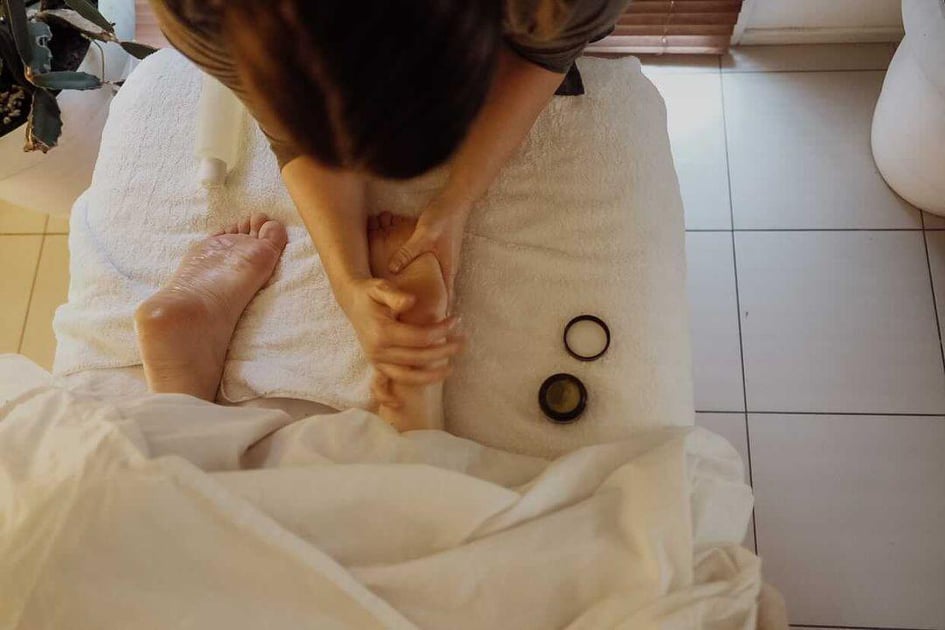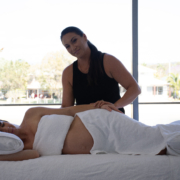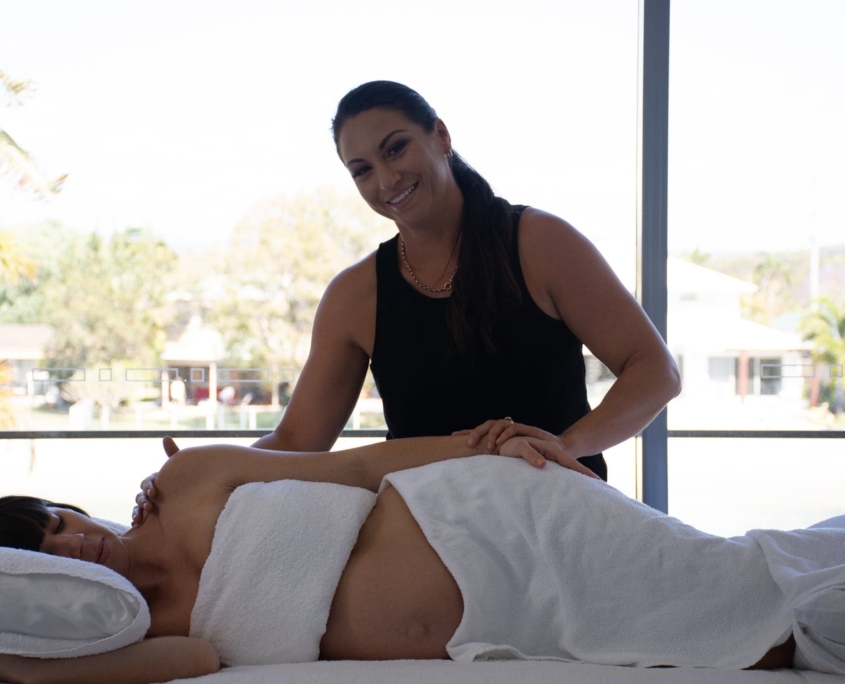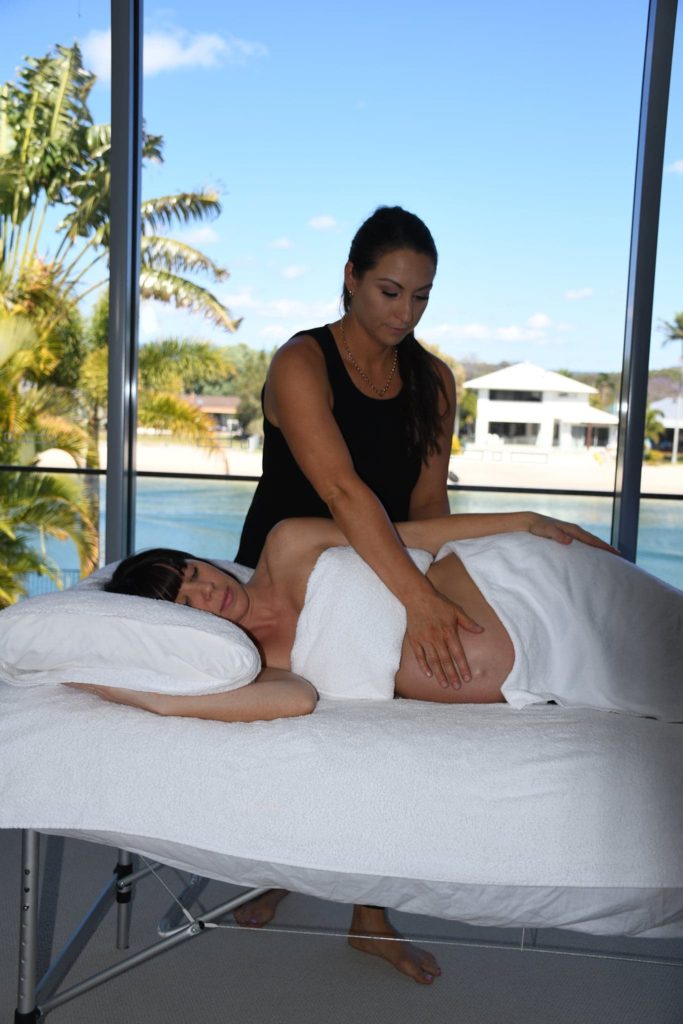Managing Postpartum Sleep Deprivation: How to Improve Your Rest and Reclaim Your Energy
One of the biggest challenges new mums face is postpartum sleep deprivation. The constant demands of caring for a newborn, coupled with disrupted sleep, can leave you feeling exhausted, irritable, and unable to function at your best. While there’s no magic solution to getting eight uninterrupted hours of sleep with a new baby, there are ways to improve your rest and manage the effects of sleep deprivation.
In this blog, we’ll explore the causes of postpartum sleep deprivation, practical tips for improving your rest, and how self-care practices like massage can play a role in helping you feel more energised.
1. The Reality of Postpartum Sleep Deprivation
Sleep deprivation in the postpartum period is very common, as babies need frequent feeding and attention during the night. It’s not just the quantity of sleep that’s affected but the quality as well. New mums often experience fragmented sleep, which prevents them from reaching the deeper stages of restorative rest.
How Sleep Deprivation Affects You:
- Physical Fatigue: Constant tiredness can make daily tasks feel overwhelming and can affect your ability to care for your baby and yourself.
- Mood Swings: Lack of sleep can exacerbate postpartum mood changes, leading to irritability, anxiety, or sadness.
- Reduced Focus and Memory: Sleep deprivation can impact cognitive functions, making it harder to concentrate and remember things.
Understanding these effects can help you prioritise solutions that support better rest.
2. Practical Tips to Improve Your Sleep
While it’s impossible to eliminate the interruptions that come with a newborn, these tips can help you make the most of the rest you do get:
- Nap When Your Baby Naps:It might sound cliché, but sleeping when your baby sleeps is one of the simplest ways to catch up on rest. Even short power naps can help reduce fatigue and improve your mood.
- Create a Restful Environment:Ensure your sleeping space is conducive to rest. This includes making the room dark, cool, and quiet, and using white noise if needed. A comfortable mattress and supportive pillows can also make a difference in the quality of your sleep.
- Share Nighttime Responsibilities: If possible, share the responsibility of nighttime feedings or diaper changes with your partner or a family member. Even alternating nights or shifts can help each person get longer stretches of sleep.
- Prioritise Relaxation Before Bedtime:Engage in calming activities before bed, such as reading, light stretching, or listening to soothing music. Avoid screens at least 30 minutes before bedtime, as the blue light can interfere with your natural sleep cycle.
- Ask for Help: Don’t be afraid to reach out for support from friends or family. Whether it’s having someone watch your baby for an hour so you can nap or helping with household tasks, accepting help can alleviate stress and allow you to rest.
3. How Massage Can Support Better Sleep
Massage is a powerful yet often overlooked tool for improving sleep quality and managing postpartum fatigue. Here’s how it can help:
- Reduces Stress and Promotes Relaxation:Massage helps lower cortisol levels (the stress hormone), promoting a state of relaxation that makes it easier to fall asleep and stay asleep. It also increases serotonin, which helps regulate your sleep cycle.
- Eases Muscle Tension and Pain: Caring for a newborn can lead to physical strain, especially in the neck, back, and shoulders. Massage relieves muscle tension and pain, making it easier for you to relax when it’s time to rest.
- Improves Circulation: Better blood flow means your body can deliver oxygen and nutrients more efficiently, which helps with muscle recovery and overall energy levels. Improved circulation can contribute to a deeper, more restful sleep.
At Maternal Grounding, we offer postpartum massage that’s tailored to support your recovery and improve sleep quality. Taking time for a massage session can be an effective way to reset your body and mind.
4. Building a Self-Care Routine to Support Better Sleep
Creating a self-care routine that incorporates relaxation and stress relief can have a significant impact on your rest. Here are a few simple ways to include self-care in your day:
- Practice Deep Breathing: Spend a few minutes practicing deep, mindful breathing before bedtime to calm your nervous system and prepare your body for sleep.
- Gentle Stretching: Light stretches before bed can relieve tension in your muscles, making it easier to fall asleep. Focus on areas like the lower back, hips, and shoulders.
Book a Postpartum Massage:
Scheduling regular massages can be a powerful way to manage stress, reduce physical tension, and promote better sleep. Click here to book your postpartum massage at Maternal Grounding and experience the benefits for yourself.



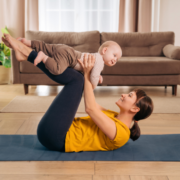
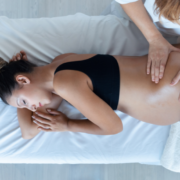
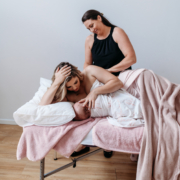
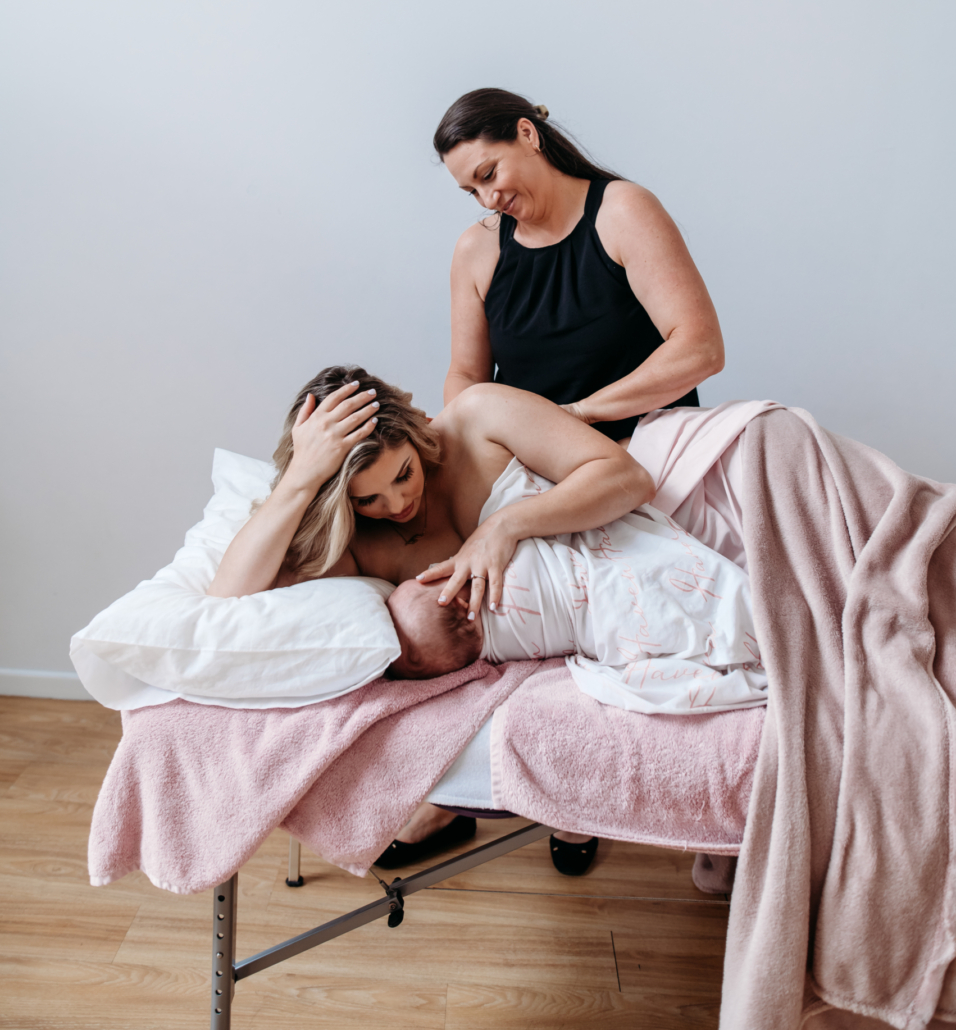

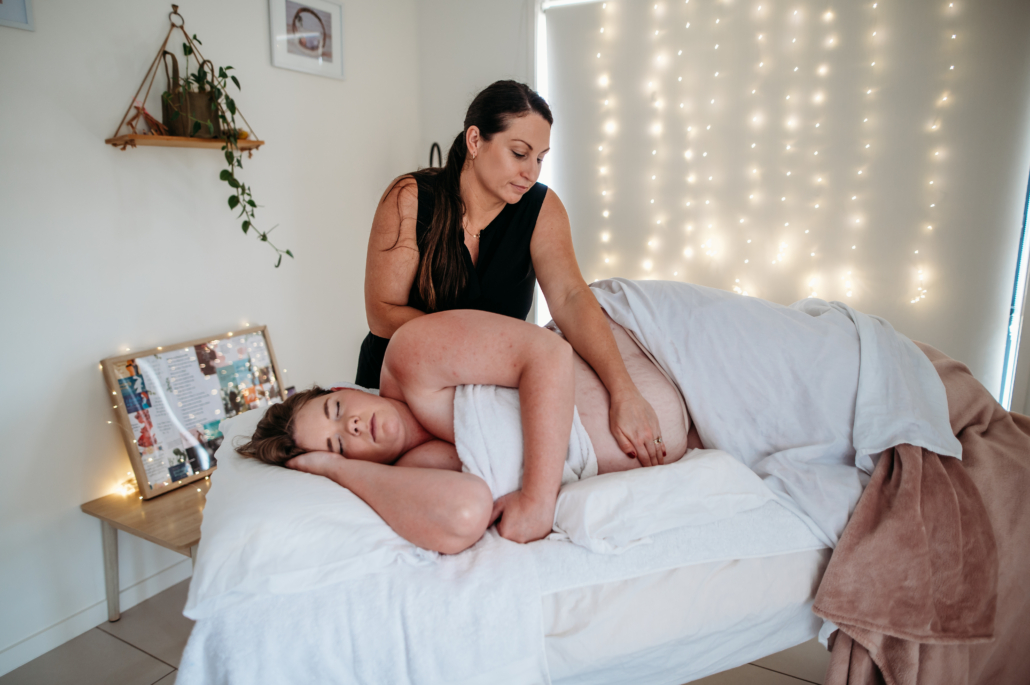 Is Massage Safe in Pregnancy?
Is Massage Safe in Pregnancy?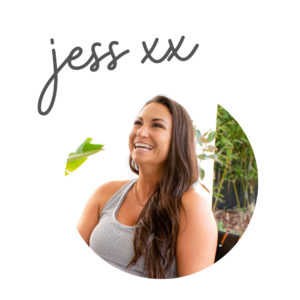 Jess Ngaheu
Jess Ngaheu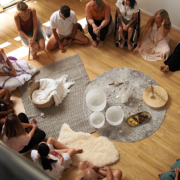
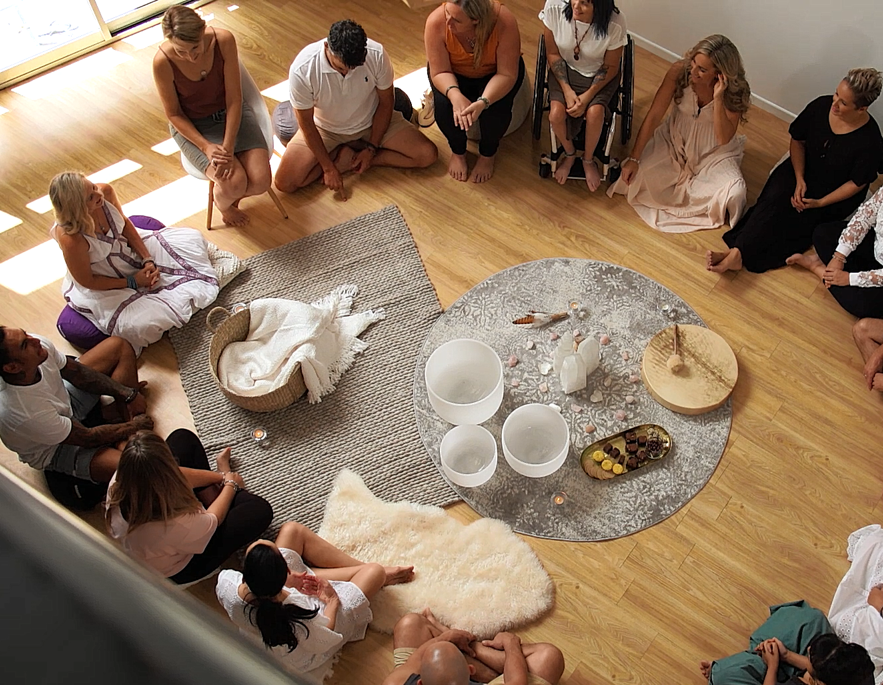
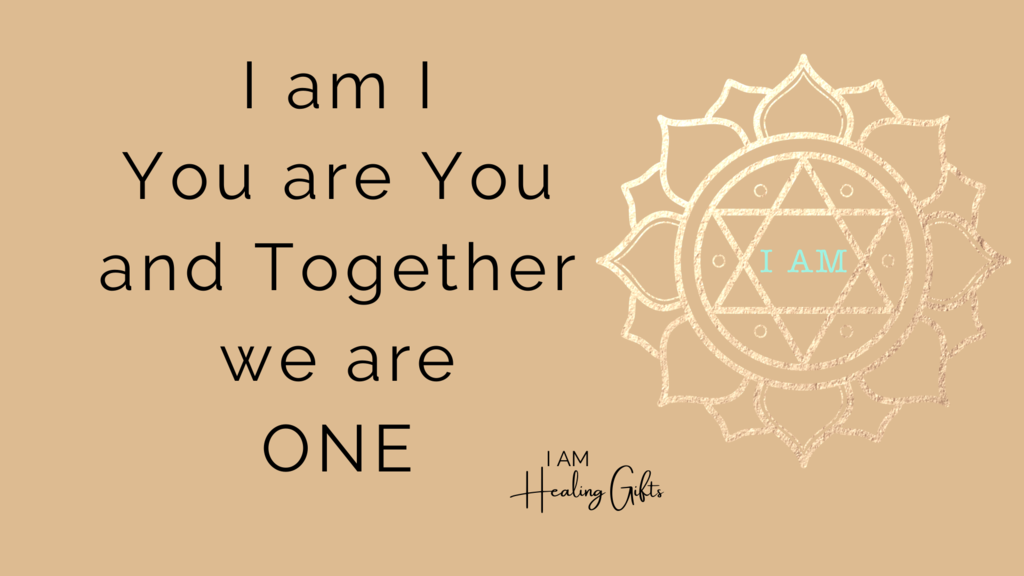
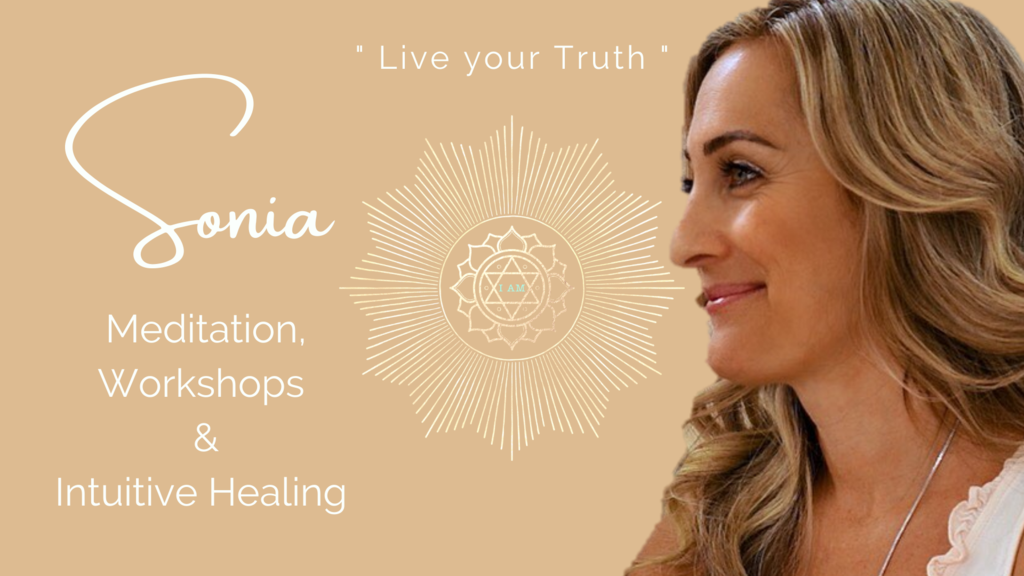

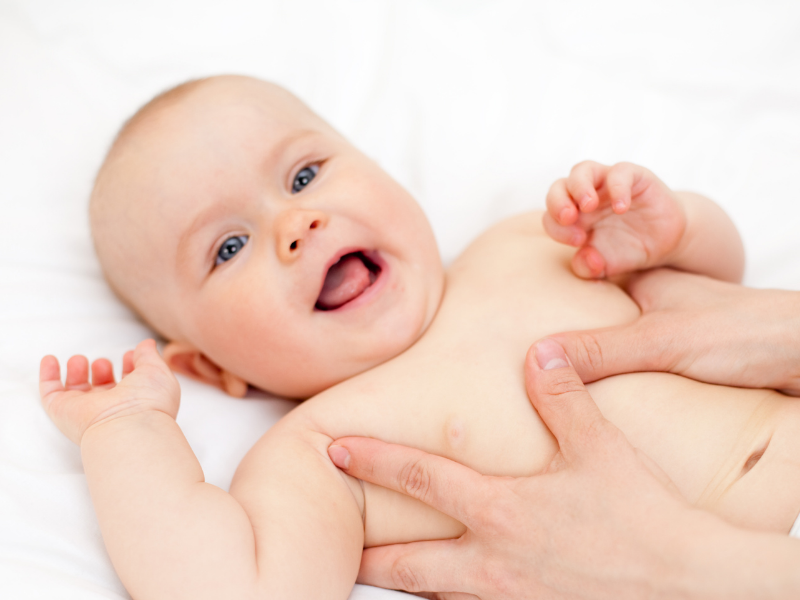
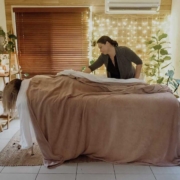
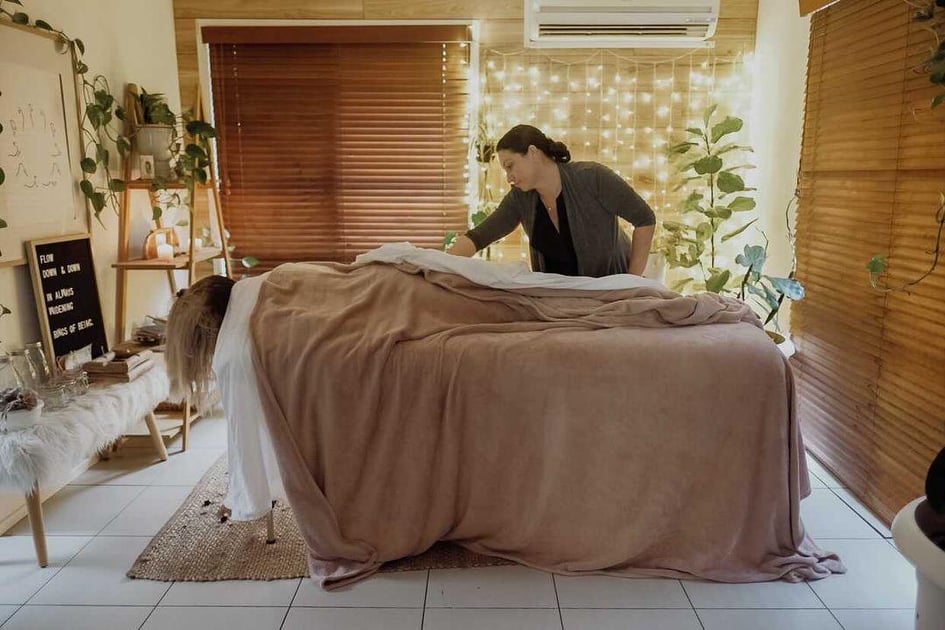 Post Natal Healing – A Client Story
Post Natal Healing – A Client Story